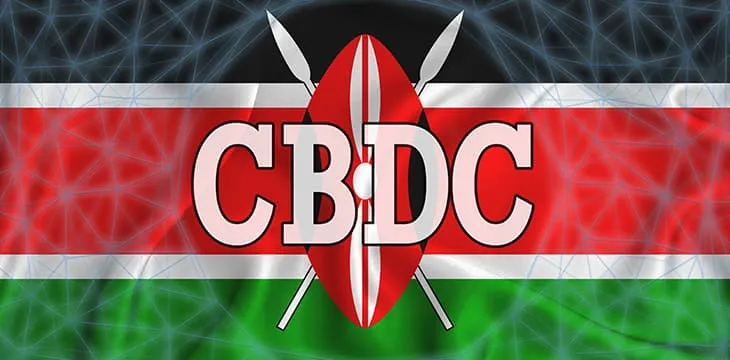|
Getting your Trinity Audio player ready...
|
The Central Bank of Kenya (CBK) has called for public feedback on the introduction of a central bank digital currency (CBDC). In a recent discussion paper, the bank outlined the risks and opportunities CBDCs present, the key elements for consideration for a local CBDC, and the main sectors that a CBDC would impact.
Kenya has stayed away from the CBDC discussion at a time when its peers, including Nigeria and Ghana, have made great strides in the sector. The country, which is the global leader in peer-to-peer digital currency volume, has a thriving local mobile payment system known as M-Pesa, which, coupled with other digital payment systems, the central bank has for long claimed was sufficient for local businesses and individuals.
But in its lengthy discussion paper, the CBK has claimed that it has been observing global trends in digital currencies, stablecoins, and CBDCs and how they could be integrated into the local economy.
The bank pointed to two areas where it believes a CBDC would have the biggest impact—retail payments and cross-border payments.
On retail payments, the bank noted that while mobile wallets in Kenya have been interoperable since 2018, they are only good for P2P payments and are yet to expand to merchant payments.
“CBDC may offer promise for this interoperability. Assuming the Central Bank charges no fees for CBDC, it would facilitate small-value online transactions given relatively low (or no) associated fees compared to the current payment charges,” the paper noted.
A digital shilling would also impact the cross-border funds transfers, a sector that has yet to be digitalized despite advances in technology.
“While it is difficult to quantify the benefits, interoperable CBDCs may have the potential to lead to efficiency gains by flattening the multi-layered correspondent banking structure and shortening the payment chain,” the bank stated.
However, the cross-border function could be used maybe years from now as it would require all participating countries to have a CBDC first.
While many have welcomed the CBK initiative, some have questioned whether it will bring anything new to the local payments sector, given the ubiquitous use of the M-Pesa mobile payments system.
“Given the dominance of M-Pesa in the country, I think the key question is: What can a CBDC do that M-Pesa cannot?” Co-Pierre George, an associate professor at the University of Cape Town, stated speaking to Quartz.
To learn more about central bank digital currencies and some of the design decisions that need to be considered when creating and launching it, read nChain’s CBDC playbook.
Watch: CoinGeek Zurich panel, Blockchain & the Future of Africa

 07-13-2025
07-13-2025 





